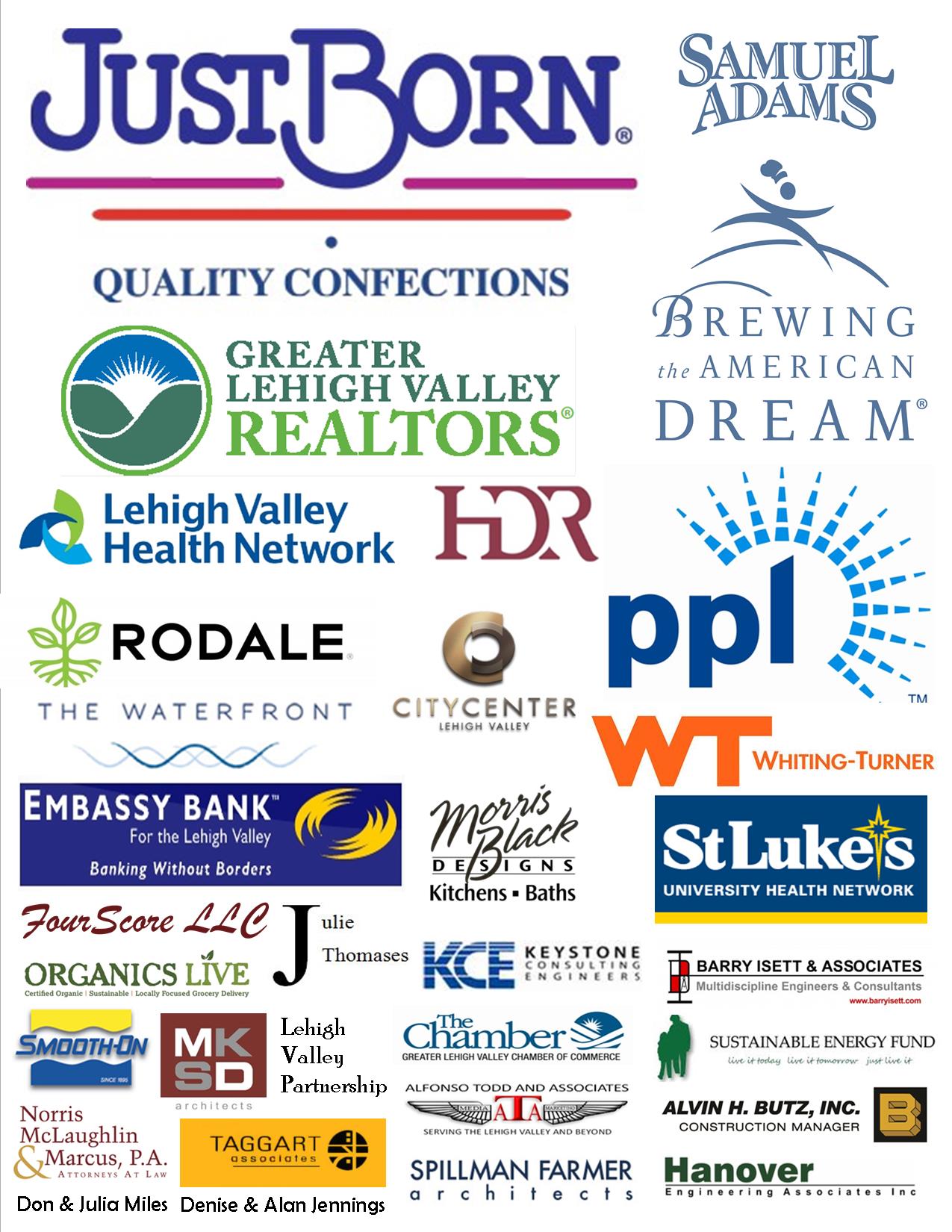Farmland Preservation Toolbox
There are numerous benefits to preserving farmland:
- saving rural vistas and natural habitat
- growing a local food economy
- preserving water and air quality
- mitigating increases in traffic congestion
- controlling property taxes (cows don’t go to school)
Included below are numerous strategies to support farmland preservation. These have been developed with the help of resources including the Pennsylvania Department of Agriculture, Rodale Institute, the Seed Farm, LVPC, and Lehigh and Northampton County preservation offices.
Agricultural Zoning – Agricultural zoning is a specialized form of zoning used by communities that seek to preserve their agricultural base. It reflects a community-wide policy that farmland is a valuable resource that should be preserved to ensure the continued production of agricultural commodities. The basic building block of an agricultural zoning scheme is an agricultural zone with regulations that strictly limit the construction of all buildings and structures unrelated to agricultural land uses and activities. Most often, an agricultural zone is part of the community’s overall zoning scheme. The purpose of agricultural zoning is to protect farmland from incompatible uses that would adversely affect the long-term economic viability of the area within the region. Agricultural has its limitations.
Agricultural Security Areas – Agricultural Security Areas (ASA) were designed to strengthen and protect agriculture in Pennsylvania. Farmland owners, in cooperation with local governments, can establish agricultural security areas (ASA’s) in places where agriculture is the primary land use. An agricultural Security area protects land owner from: nuisance ordinances that inhibits regular and reasonable agricultural practices; against nuisance complaints; protects the landowner against condemnation by any government entity, by putting in place protections so that the property cannot be condemned for public use.
Purchase of Easements - A conservation easement is a deed restriction landowners voluntarily place on their property to protect resources such as productive agricultural land, ground and surface water, wildlife habitat, historic sites or scenic views. The Pennsylvania Agricultural Conservation Easement Purchase Program (ACEPP) is a voluntary program that enables county governments to protect active farmlands by purchasing agricultural conservation easements from willing landowners. (This is sometimes referred to as a purchase of development rights.) These easements limit the use of the farmland to activities compatible with agriculture while keeping the land in the landowner’s ownership and control. All but ten counties participate in the program.
Donating of Easements and the Tax Benefits - One of the most important incentives is the federal conservation tax deduction, which allows landowners to deduct all or part of the value of a donated easement from their taxable income. In 2015, Congress made permanent the federal tax incentive for conservation easement donations, helping thousands of landowners conserve their land. If you own land with important natural or historic resources, donating a voluntary conservation easement (also called conservation agreement) can be one of the smartest ways to conserve the land you love, while maintaining your private property rights and possibly realizing significant federal tax benefits. The conservation tax incentive:
The Use Of Leverage with Local, County and State Dollars Working Together – Incentivizes a municipality’s participation in the purchase of agricultural conservation easements. It provides and incentive for the municipalities to partner with the county and state farmland preservation programs.
Act 4 – Act 4 provides a process for freezing the millage on open space properties. It is “an act authorizing the Commonwealth of Pennsylvania and the local government units thereof to preserve, acquire or hold land for open space uses,” defining municipal corporation”, further providing for property acquired in fee simple and for local taxing options.
The Official Map - a combined map and ordinance designed to implement the goals and community vision set forth in the comprehensive plan. It gives the township an opportunity to purchase farmland and inserts the township into conversations with a developer and land owner before development can occur. It informs developers and property owners of municipal goals and development plans. It is an effective negotiating tool for municipalities, helping to insure that development is compatible and supportive of public goals.
Transfer of Development Rights (TDR) - a voluntary, incentive-based program that allows landowners to sell development rights from their land to a developer or other interested party who then can use these rights to increase the density of development at another designated location. TDR is a valuable smart growth tool that has already preserved hundreds of thousands of acres of farmland across the nation in return for promoting more efficient and economically viable communities.
Local strategies:
Referendums to raise local funding – This refers to Earned Income Tax (EIT) that can be levied by a municipality to raise funds for open space/farmland preservation. The revenue can be generated in numerous ways: a bond referendum, or an EIT increase to raise funds for preservation efforts.
Outright purchase by local municipality - Learn about Moore Township’s purchase of Sunny Slope Farm:
- August 5. 2015 - Morning Call “Kevin Duffy: Moore Township to move 39 acres into farmland preservation”
- Moore Township Land Preservation webpage
Becoming a Conservation Buyer: A conservation buyer is a real estate buyer who purchases property for relevant natural attributes with the goal of establishing a conservation easement to be donated to the land trust. Conservation buyers protect the properties in private ownership and receive the tax benefits (discussed above) associated with the donation.
Economics for Farmers and Economic Development Tools:
“Agritainment and Agritourism” - occurs when farmers expand their businesses to cater to visitors. Common activities included corn mazes and pick-your-own fruits and vegetables. Farmers who expand into agritainment and agritourism have the ability to increase public visibility of their business and generate addition revenue.
How to Profit in the Marketplace by Transitioning to Organic and the Next Generation Farmers: Preserving farms by growing new farmers- Rodale Institute will help farmers to transition to organic. Here is a link to their 15-hour online course which informs farmers about the requirements for National Organic Standards. Rodale Institute nonprofit dedicated to pioneering organic farming through research and outreach.


